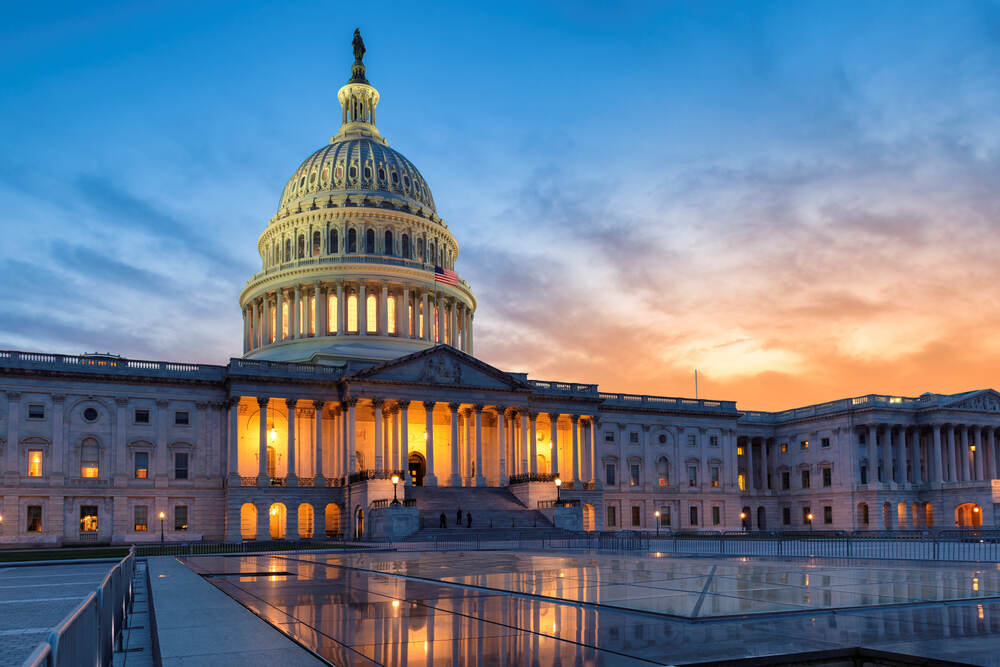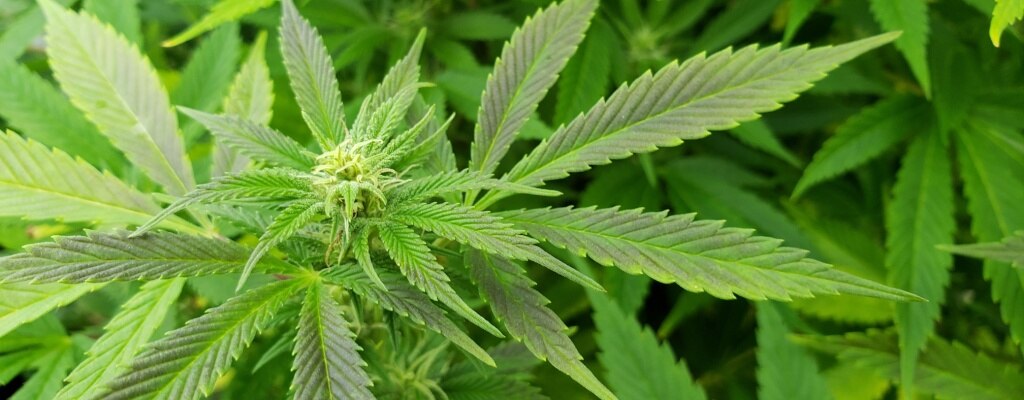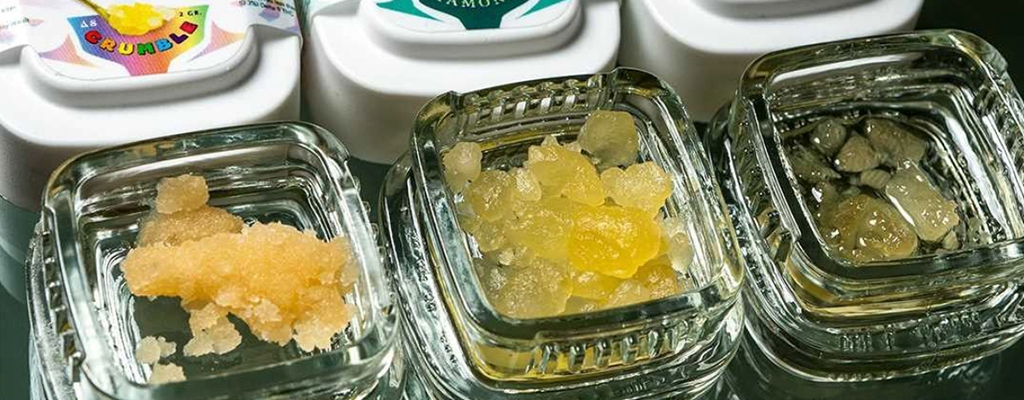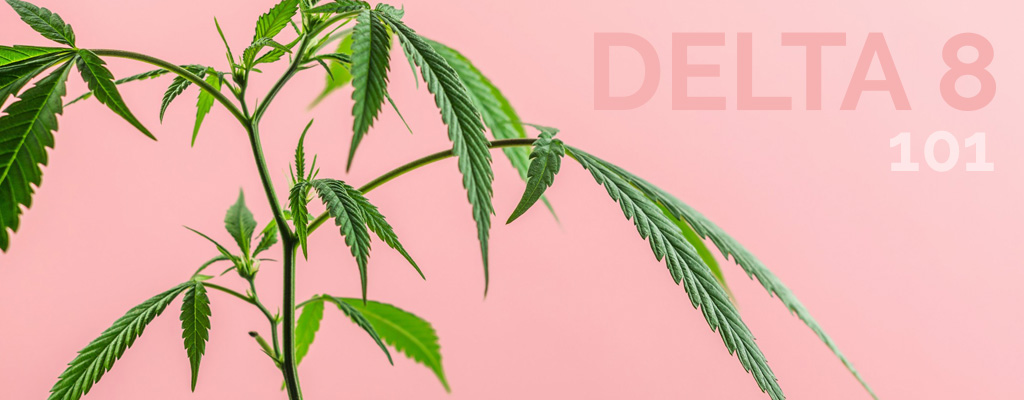The 2018 Farm Bill was a monumental step forward for hemp agriculture and, especially, hemp-derived cannabinoids.
This piece of federal legislation legalized the commercial production of hemp containing no more than 0.3% Delta 9 THC by dry weight. That led to the widespread availability and popularity of CBD, Delta 8, and many other hemp-derived cannabinoids.
So, what’s the current status of the Farm Bill? When does the Farm Bill expire, and when will a new version be enacted? How could that affect hemp-derived cannabinoids?
Keep reading to learn more about the 2018 Farm Bill and the status of the next version.
What is the 2018 Farm Bill? When Does it Expire?
The 2018 Farm Bill is, as of March 2024, the most recent Farm Bill passed by the federal legislature. While called a bill in many conversations, it is a law officially. The technical name for the most recent bill is the Agriculture Improvement Act of 2018.
In more general terms, a Farm Bill that passes through US Congress and is approved by the sitting President is a multiyear law.
These bills are considered omnibus bills, meaning they cover a very wide range of topics. Those topics include various concerns and opportunities related to agriculture and food in the US. Nutrition assistance programs, rural development, and conservation programs are a few examples of topics covered.
The Congressional Research Service shares more in-depth information about the 2018 version of the bill.
So, why are we reviewing agricultural laws in a blog focused on hemp-derived cannabinoids? Because the 2018 version of the bill was the spark that led to the creation of an industry around hemp-derived cannabinoids. The Farm Bill also legalized the production and sale of these cannabinoids on the federal level.
The simplified version of this chain of events is that:
- The 2018 bill included provisions to allow for the commercial production and sale of hemp. That activity had long been prohibited by federal law.
- The law legalized the production of hemp containing no more than 0.3% Delta 9 THC by dry weight.
- Early leaders in the hemp-derived cannabinoid industry realized two things:
- Several similar but distinct cannabinoids besides Delta 9 could be extracted or synthesized from this newly legal hemp.
- These products were in full compliance with the new laws created by the Farm Bill.
When Does the 2018 Farm Bill Expire?
Congress normally passes a new version of this bill every five or six years, although there is no specific requirement to do so. The 2018 edition of the bill was set to expire in late 2023.
However, law firm Shipman & Goodwin LLP explains that Congress passed a broad funding bill that also extended the 2018 Farm Bill in late 2023. The 2018 Farm Bill is therefore not set to expire until Sept. 30, 2024.
It’s important to note that although Farm Bills expire and are essentially replaced with a new version every five to six years, that does not mean laws created or changed by the bill also expire or revert to their previous state. Instead, future bills are used to modify and update laws that were previously changed.

What’s the Status of the New Farm Bill? Will it Affect Hemp-Based Cannabinoids?
Technically, a Farm Bill of 2023 is no longer a possibility. Congress did not act in time to pass such a bill in that year. However, there may be a 2024 version of the bill.
As noted previously, there’s no requirement that a new Farm Bill be passed every five (or six) years. That timeframe is a matter of tradition and practicality and is not due to rules placed on Congress.
Shipman & Goodwin LLP points out that, among many potential inclusions for the new bill, there is a push for further regulation of hemp-derived cannabinoids.
That includes potentially regulating CBD as a food additive and/or dietary supplement. It may also involve changing the current upper limit for legal hemp of 0.3% Delta 9 THC by dry weight.
MJBizDaily reports that some lobbyists in the hemp industry are pushing for rules related to product safety and testing to be added to the bill. Currently, some manufacturers and brands conduct lab testing for their products, giving customers valuable information about the products they want to buy. However, there is no rule that requires all manufacturers and brands to do so.
We’ll take a moment to note that Delta 8 Resellers shares the results of independent third-party lab testing for our products whenever it’s available. We believe that our customers deserve access to these reports so they can check out results related to quality, purity, and potency for themselves.
Back to the Farm Bill itself: There are not any clear signs of the specifics related to these potential law changes as of early 2024. We simply do not yet know exactly how Congress will act in making, or not making, changes related to hemp and hemp-derived cannabinoids.
As legislators in the federal government begin to focus more on a new version of the Farm Bill, it’s likely more specifics will emerge. Until that point, we need to keep our eyes on news related to the new version of the bill.
Finding the Very Best Hemp-Derived Cannabinoids
At Delta 8 Resellers, we take our hemp-derived cannabinoids seriously. That’s why we commit to sharing independent lab reports for our products whenever they’re available. We also limit the brands and manufacturers we work with to industry leaders recognized for consistent product quality and safety.
We also strive to share relevant, balanced information about everything to do with hemp-derived cannabinoids with our customers and site visitors. That includes blogs like this one about laws and regulatory changes to guides to using popular cannabinoids and products.
Check out our full selection of hemp-derived cannabinoid products!



